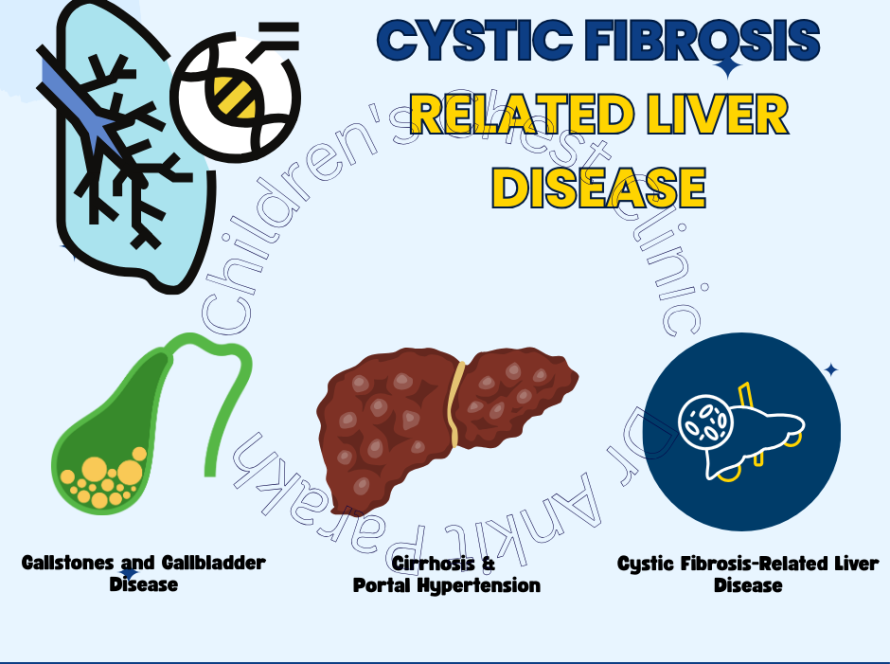Primary immune deficiencies (PID) are rare disorders where our immune system is weak and its ability to fight with infections is reduced. Children with primary immune deficiencies (PID) get repeated infections such as pneumonia, bronchitis, sinusitis, ear infections, skin infection, abscesses and meningitis. Repeated episodes of pneumonia is one of the most common presentations of an underlying immune deficiency. All the children who get repeated episodes of pneumonia should get investigations for underlying immune deficiency.

What are the common primary immune deficiencies seen in children?
These type of primary immune deficiencies which are seen in children. The most common are deficiencies of antibody production. The common disorders where the antibody production is reduced are selective IgA deficiency, common variable immune deficiency and X-linked aggamaglobulinemia of Bruton. Other groups of primary immunodeficiency are T cell disorders of which severe combined immunodeficiency is the commonest. Neutrophil defects like chronic granulomatous disease (CGD) and leukocyte adhesion defects are other groups of primary immunodeficiency disorders seen in children getting repeated pneumonias.
When should children with repeated pneumonias be evaluated for immune deficiency?
There can be many causes of repeated episodes of pneumonia in children, primary immune deficiency is one of them. Children with repeated episodes of pneumonia who also get infection at other sites of the body such as sinusitis, ear infection, skin infections, abscesses, sepsis or blood infections and meningitis, should always be evaluated for underlying primary immune deficiency. Children who get pneumonia due to atypical bugs such as fungus, atypical mycobacteria, pneumocystis etc should always be evaluated for underlying immune deficiencies. The first episode of pneumonia which is severe or persistent should also be evaluated for underlying immune deficiencies.
What’s the usual investigations required for diagnosis of immunodeficiency in children?
Children might require investigation for diagnosis of underlying immune deficiency and other tests to diagnose the microorganism leading to pneumonia.
Basic investigations like a complete blood count, differential blood count and antibody levels are the usual basic workup done. Some children require more detailed testing of CD4/CD8 T cells, NK cells etc. Flow Cytometry analysis is a newer investigation where cell markers are used to characterize cell population and their deficiency. Flow Cytometry can also diagnose leukocyte adhesion defects and chronic granulomatous disease (DHR test).
Various investigations might be required for diagnosis of the microorganism leading to pneumonia. This could be in the form of a sputum examination or in the form of a bronchoscopy and bronchoalveolar lavage, which can be sent to the lab for detailed testing. Finding the microorganisms, such as the bacteria, fungus, mycobacteria, etc is extremely important for the treatment of children.
In case your child is getting repeated episodes of pneumonia you need to get in touch with a child pulmonologist for a proper evaluation, investigations and treatment.






